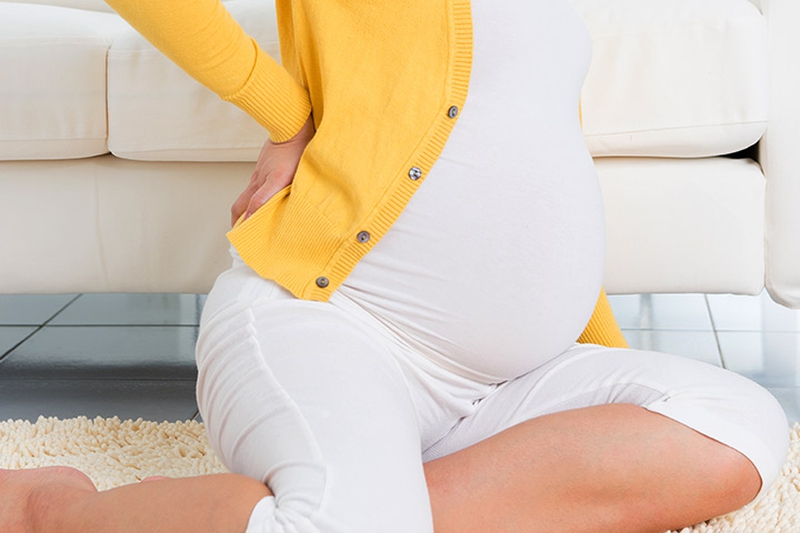Pregnancy can be a difficult time for so many women. With the many changes you go through physically and emotionally, any additional stress can seem like a monumental crisis. When it comes to kidney stones, this not only adds additional stress, but pain and discomfort as well. But don't be too scared; kidney stones while pregnant are common after the second trimester.

What Causes Kidney Stones During Pregnant?
Not enough fluids
If you don't consume enough water you can end up with higher levels of phosphorus, calcium and other minerals that can increase the chances of kidney stones forming.
Genetics
Your genes can play a role in your likelihood to develop kidney stones. For those who have a family history of hypercalciuria where there is a high amount of calcium found in the urine, you will be more likely to suffer from kidney stones.
Gastrointestinal sensitivity
Individuals who suffer from this condition tend to be prone to kidney stones because of the inflammation in the intestines during
Too much calcium
While pregnant women are recommended to consume more calcium while pregnant, if too much is consumed, this can put additional pressure on the kidneys. This
Urinary Tract Infections
If you suffer from frequent UTIs (urinary tract infection), this could be an indication of kidney stones. You should always consult
What Are the Symptoms of Kidney Stones During Pregnant?
Kidney pain
Kidney stones will present a progressive daily pain that is significant and will also be accompanied by a severe cramping and fever. The pain tends to surround the first lumbar region and then begin to move toward the uterus with shooting pains to the genitals. Kidney stones while pregnant can indicate other issues and can often be misdiagnosed.
Blood in urine
During pregnancy, hormone levels increase which can cause the kidney stones to move more spontaneously. When kidney stones move, they cause damage to the surrounding tissue and can irritate the mucous membranes. This irritation can result in blood in the urine.
Pain while urinating
When the stones escape, they will cause tenderness in the area. This will be especially noticeable while urinating, which can cause sharp cutting pains that are acute.
How to Treat Kidney Stones During Pregnant
Change in diet
When you are pregnant, it is best to postpone traditional treatment if you have kidney stones because of the side effects they can cause. Depending on the kidney stones that have formed, your doctor will prescribe a special diet to eat that can consist of:
If the stones are urate, then you will need to limit the meat products and increase the plant-based foods and dairy products you consume.
If the stones are calcium salts, you would increase your meat intake as well as fruit and cereals. Eggs, beans, milk and potatoes will need to be eliminated from your diet.
If the stones are oxalic acid, then you will not be allowed to consume milk, eggs, beans or tomatoes.
Wait them out
When you have kidney stones while pregnant, most women choose to
Breaking up the stones
If the stones are
Tube or stent
This type of treatment involves placing a ureteral stent in the ureter which will help pass urine and some of the stone particles out of the body. This procedure is often highly successful and
Can You Prevent Kidney Stones in Pregnant
Yes, definitely. Try the following tips:
Drinking plenty of fluids is one of the most effective ways to prevent kidney stones.
If you have unusual pain in the abdominal region, you should always consult your doctor.
Kidney stones while pregnant can be prevented by watching what you eat. Avoid or eliminate any foods that contain a high amount of monosodium chloride.
Eat more foods that are rich in fiber, as well as fruits and vegetables that contain plenty of vitamins and minerals.
Exercise is vital during pregnancy because it helps rid the body of harmful substances as well as keeps it healthy and strong.
Taking a urine test prior to becoming pregnant can help prevent any life-threatening problems that kidney stones may pose. Ridding the body of smaller stones before they become larger can reduce any risk for mother and baby during pregnancy.
View All Comments /Add Comment